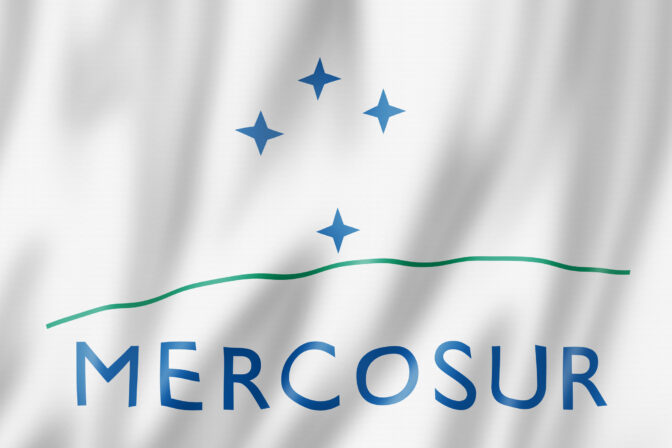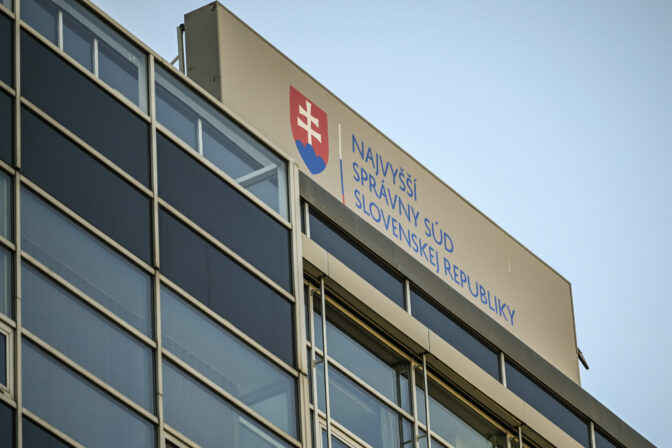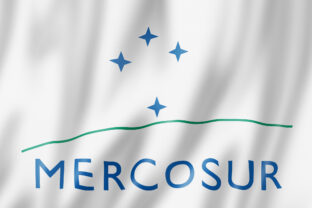BRATISLAVA, November 2, (WEBNOVINY) — The newly appointed Environment Minister Jozsef Nagy (MOST-HID) says that getting paid EUR 15 million supplemental payment to the Slovak Republic from the bankrupt company Interblue Group, which the US company owes from the sale of emission quotas, is problematic. Nevertheless, he wants to close the issue by the end of the year. Several ministers of environment lost their offices under the previous government of Robert Fico (SMER-SD) because of the sale of AAUs under unfavorable terms. “It is a very complicated problem. Our legal department is analyzing all options,“ said Nagy at a news briefing on Tuesday. He said that the Environment Ministry’s management had already had some contacts with the successor firm, Interblue Group Europe, which, however, the ministry does not recognize, under the new government of Iveta Radicova. “We still consider the contract terminated and EUR 15 million a debt,“ said Nagy. He added that even if it was confirmed with the assistance of the Interior, Justice and Foreign Affairs Ministry that costs spent on commercial lawsuit to recover the debt were pointless, the Environment Ministry would bring on an action anyway. “However, we will move the whole action to the level of criminal law,“ said Nagy. “We will close the issue in one way or another by the end of the year,“ he underscored. The minister said that no finances were spent on legal action in this case after elections.
The US company Interblue Group LLC, to which Slovakia sold 15 million tons of emission limits (AAU) for almost EUR 76 million under highly questionable terms in 2008, was dissolved without Slovakia’s Ministry of Environment awareness at the end of last December. The company owed an additional payment of EUR 15 million to the Slovak Republic at that time. The money was supposed to be tied to Green Investment Scheme projects, which Interblue Group doubted and thus did not pay the additional payment to Slovakia. Interblue Group Europe from Switzerland took over after Interblue Group but Slovakia’s Ministry of Environment did not acknowledge it.
SITA












